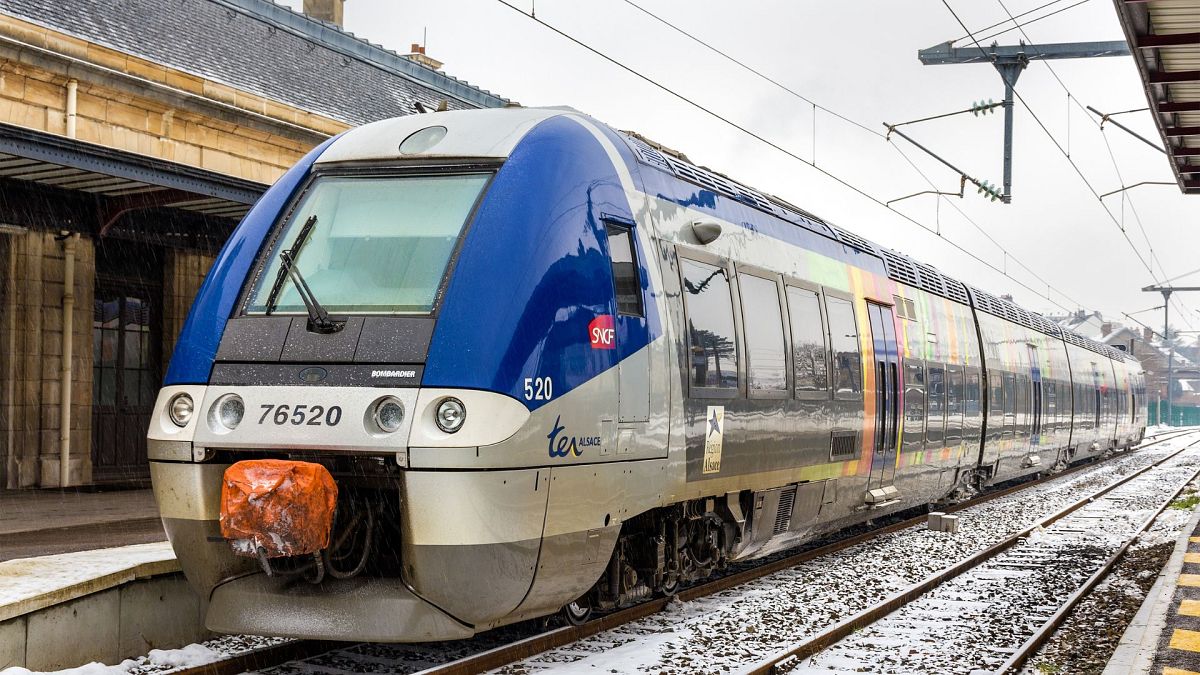Travel
France travel disruption likely this winter due to train and plane str

Strikes in France have been unusually quiet this year, but that’s all set to change in November and December.
Planning to visit or travel within France this November and December?
Be warned that this is expected to be the season of the strike, as several of France’s largest unions, including transport workers and farmers, plan to take industrial action.
All four of France’s major rail unions have joined together for an initial one-day action on Thursday 21 November. This collective strike day is expected to cause significant disruption, and it could even extend to the Christmas holidays and beyond.
Earlier this week, the unions highlighted that if the French government does not meet their demands, they will go on what’s being called a longer and stronger strike (‘un mouvement de grève plus long et plus fort’) from 11 December.
The timing is no coincidence: December is the busiest time for the country’s railways.
Why are there strikes in France?
Unions are concerned about the increasing privatisation of the French state rail company SNCF, the regional train network ‘Transport Express Régional’ (TER), the commuter rail network Transilien and the non-high-speed services Intercité.
In fact, the SNCF has been state-owned since it was founded in the late 1930s, but unions are aggrieved that, since 2019, the French rail network has been open to other potential players so that the national company no longer has a monopoly.
For example, rail companies such as the Spanish state-owned Renfe and the partially Italian state-owned Trenitalia now run some of the Paris services.
France is not the only European country opening up its state railways: this is part of a wider EU initiative to improve the network and encourage more people to choose rail over car or plane travel.
France strikes: How will flights be affected?
You might expect some delays at the airports too, as France’s National Union of Airline Pilots, the SNPL, have issued a strike for 14 November.
This action is likely to affect the national airline Air France and other carriers that employ pilots on French labour contracts.
While the SNPL has only warned of a one-day action, it is possible that this, too, could be extended.
This strike has come about because pilots are unhappy about the French government’s scheme to raise flight taxes by 300 per cent, which they say is being introduced without consulting the aviation industry.
Known as the solidarity tax, right now, passengers pay just under €3 to fly in economy class or €18 in first class, which is added directly onto the cost of their ticket.
But if the tax increase goes ahead, the price could rise to €9.50 when flying economy to a destination in Europe and as much as €120 for a business class ticket from Paris to New York.
France hopes to raise an additional billion euros each year from the aviation sector to cover gaps in the country’s 2025 budget.
Protests and strikes have long been engrained in French culture
Alongside these travel strikes, farmers will also be protesting, which will likely include road blockages that target Spanish and other EU truckers delivering produce.
Likewise, three days of action by two unions representing civil servants are expected to take place in early December. Specific dates have not yet been announced.
When it comes to the sheer breadth of strike action each year, France tends to be at the top of most European countries. However, 2024 has been relatively peaceful compared with previous years until this month.
France has been known for its so-called ‘orderly disorder’ since the 1789 Revolution, which was fuelled by starvation.
Striking was legalised in 1864 and has always been seen as a last resort for demanding better living conditions, but in recent years, it’s become an easy way for groups to make themselves heard against the centralised state government.
French strikes are typically led by well-disciplined unions that can quickly mobilise with specific demands and aims. In turn, this has increased participation, and strikes are nowadays celebrated as a symbol of social victory.










